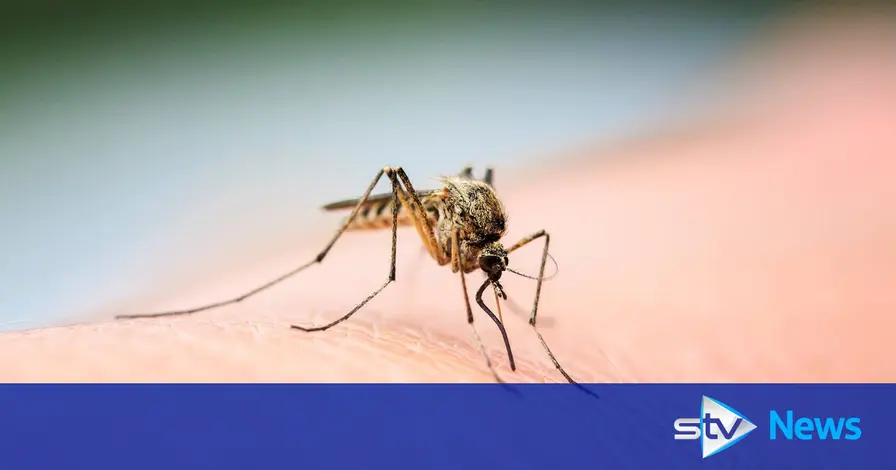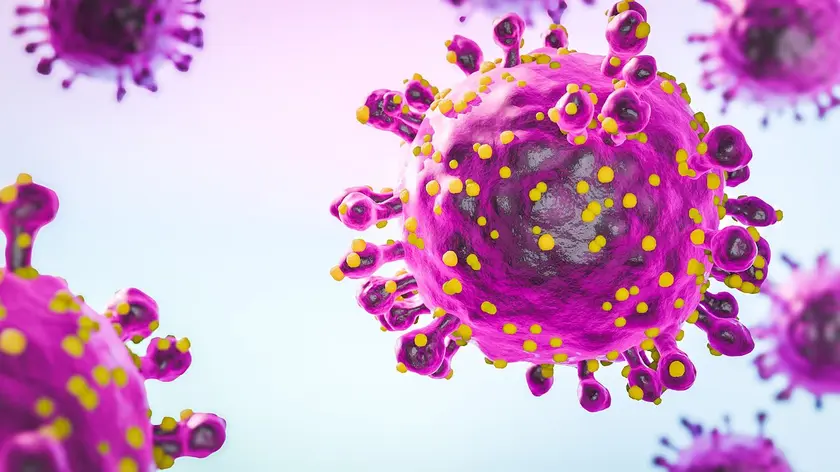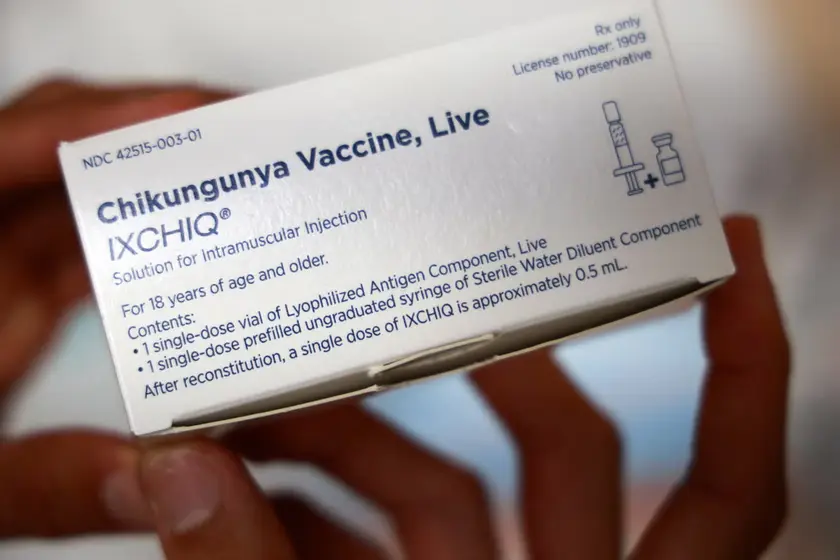T4K3.news
UK travel health alert
UKHSA reports rise in chikungunya among travelers and detects first UK cases of oropouche virus; take bite prevention seriously.

The UKHSA reports rising chikungunya cases among travelers and detects the first UK cases of the oropouche virus.
UK health warns travelers after chikungunya rise and new virus detected in UK
UK health officials say holidaymakers should take precautions after a rise in chikungunya cases among travellers returning from abroad. The UK Health Security Agency (UKHSA) records 73 travel-associated chikungunya cases in the first half of 2025, up from 27 in the same period last year, with most cases linked to travel to Sri Lanka, India and Mauritius. All cases were reported in England, primarily London, and officials say there is currently no risk of onward transmission in the UK because the mosquitoes that transmit the disease are not established here.
In addition, UKHSA reports the first three cases of oropouche virus detected in the country, all linked to travel from Brazil. Orpouche is spread by midges and can cause fever, headaches, joint and muscle pain. Public health guidance urges anyone who becomes unwell after travel to affected areas to seek urgent medical advice. The agency also notes a rise in travel-associated cholera and a decline in dengue and zika cases in the first half of 2025. Vaccines for chikungunya are approved in the UK and available to buy after a private travel clinic assessment.
Key Takeaways
"Chikungunya can be a nasty disease and we’re seeing a worrying increase in cases among travellers returning to the UK."
Dr Philip Veal, UKHSA consultant in public health, on rising travel-related cases
"Simple steps, such as using insect repellent, covering up your skin and sleeping under insecticide-treated bed nets can greatly reduce the risk."
Public health guidance on prevention
"There is currently no risk of onward transmission of chikungunya, as the two species of mosquito that transmit the disease are not established in the UK."
UKHSA on transmission risk in the UK
"Two chikungunya vaccines are approved for use in the UK and are available to buy after an assessment at a private travel clinic."
Vaccine availability in private clinics
Global travel continues to shape disease risk, and the UK remains shielded from local transmission by the absence of competent vectors. Still, the numbers show a consistent pattern: travellers carry infections home, testing the limits of public health surveillance and individual precautions. The emergence of oropouche in the UK signals that new pathogens can move quickly through travel networks, even when overall risk to the public stays low.
At the policy level, the episode highlights the need for clear, practical guidance for travellers and continued investment in surveillance. Vaccines exist for some diseases, but prevention and timely medical advice remain crucial for personal health and for protecting health systems from unexpected outbreaks.
Highlights
- Protect yourself from bites wherever you travel
- Vaccines exist but prevention remains the first line
- No local transmission does not mean no risk for travelers
- Travel health is personal and public health
Staying informed helps travelers protect themselves and keep public health on course.
Enjoyed this? Let your friends know!
Related News

UK heatwave warning

Warnings issued for Dengue and Chikungunya in Italy

Travel warnings issued for parts of Europe

Heat alerts tighten as drought grips England

UK businesses face critical financial distress

Oropouche virus detected in Britain

Vaccination checks urged before travel

Health alert for UK tourists in Italy
